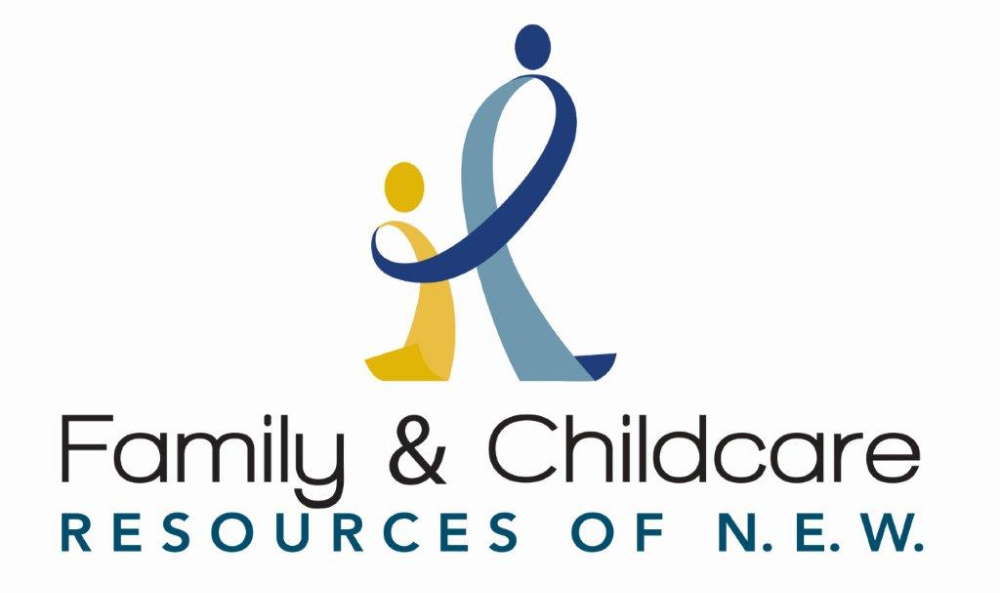Parent Cafés are grounded in building the 5 Strengthening Families Protective Factors. The protective Factors act as buffers against the elements that place children and families at risk. Learn more about our next Parent Cafe and join us. The 5 protective factors are that are proven to keep families strong are[i]:
- Resilience: Parent Resilience- Be Strong and Flexible. As parents, in order to deal with the stressors of life, we need to be strong and flexible, and we need to be able to bounce back when adversity hits. When we as parents are psychologically and emotionally healthy we are better able to consider long-term solutions instead of just reacting to every situation as it comes up. It helps to have role models, resources, and encouragement to be able to deal with challenges while nurturing your children, especially if you were treated harshly as a child. Family-serving programs can help us form trusting friendships with people who can help us stay healthy and resilient. By creating a welcoming atmosphere; providing time, space, and opportunities for supportive relationships to develop among parents; and being available to parents for informal conversation or formal problems solving, staff and other parents at these programs help us become and stay resilient by encouraging us and providing us with concrete strategies.
- Relationships: Social Connections- Parents Need Friends. When parents have positive, trusted friends in the community, they have a support system for meeting both practical and emotional needs. We can brainstorm about problems together, give and receive back-up childcare, give each other rides, and meet other needs as they come up. Together, we workout and model the family and community we want to have. Whether at an after-school program, church, or just on the corner playground, it’s important that we get to know each other so that we know we always have support and we’re not alone in dealing with the challenges of parenting. These relationships also give us people to celebrate with when things are going well.
- Knowledge- Knowledge of Parenting and Child Development- Being a Great Parent is Part natural and Part Learned. Children don’t come with a manual. Parenting is a continuous learning process, and it’s important to understand normal child development so that we can have reasonable expectations for our children. When our children are acting out or engaging in challenging behavior, we need to have good strategies for dealing with that behavior that don’t involve overly harsh punishments. Being involved in a quality family-serving program helps us learn what to expect from our children, and allows us to see how other people effectively manage children’s behavior. We can watch our own children interact with others and strategize with staff and other parent’s ways to resolve problems. We can also request and take parenting education workshops on topics we’re interested in.
- Support- Concrete Support in Times of Need- Everybody Needs Help Sometimes. Everybody needs helps sometimes, and families that can get help when they need it are able to stay strong and healthy. It is a sign of strength to ask for help when you need it. Whether the need is caused by a sudden crisis- like a death in the family or loss of employment- or an ongoing issue such as substance abuse or depression, being able to ask for and receive help is important in keeping our families strong. Sometimes the first step in getting help is seeing that our children’s well-being depends on it. Often it takes a caring person in the community to help connect us to what we need, whether it is job training, transportation, food assistance, or mental health services. Parents and staff of family-serving programs band together to help families going through difficult times and provide various kinds of concrete support, including food and clothing.
- Communication: Social and Emotional Competence of Children – Parents Need to Help Their Children Communicate. Children need to learn how to manage their emotions, express their needs and feelings, deal with conflict, and get along with others. When children can do these things, our job as parents becomes less stressful. There are quality programs – family support, early childhood education, after-school, and other programs – that help children develop social and emotional skills and work with parents to understand children’s feelings and behavior. They can help us understand what is normal and what is not for children in a given age group, and they can help detect signs that a child has special needs or developmental disabilities or has suffered trauma. They can work with parents to intervene effectively and get specialist help.
[i] Be Strong Families- bestrongfamilies.net

